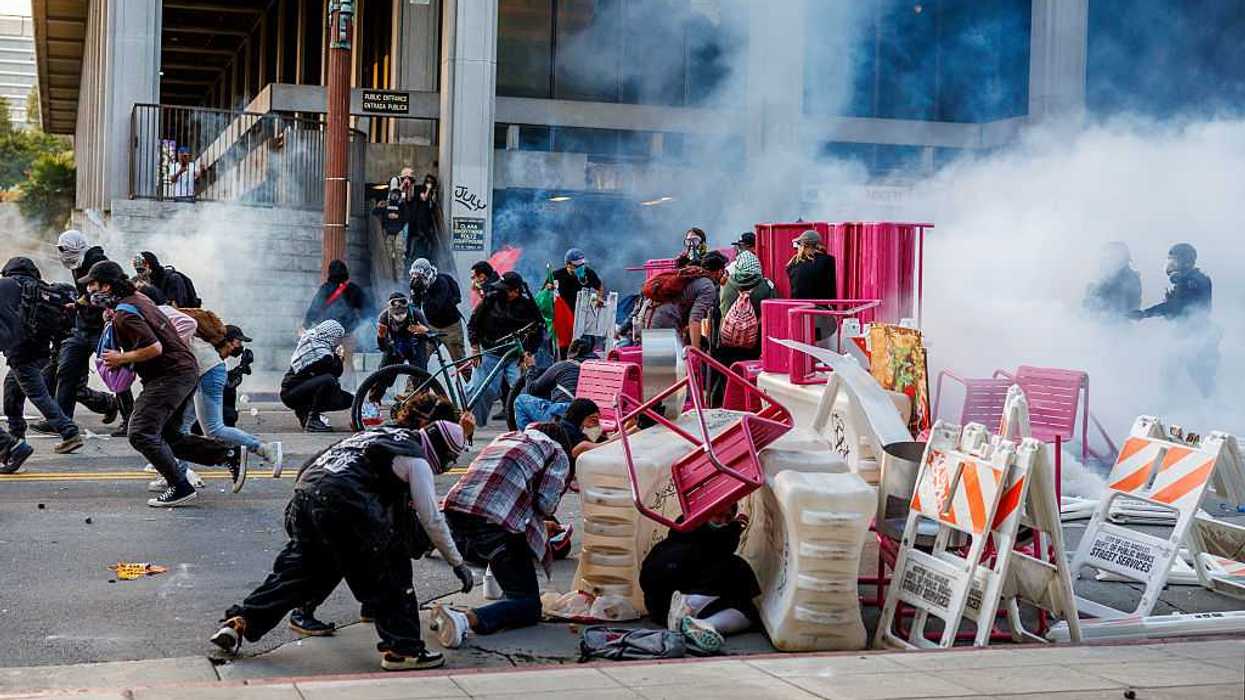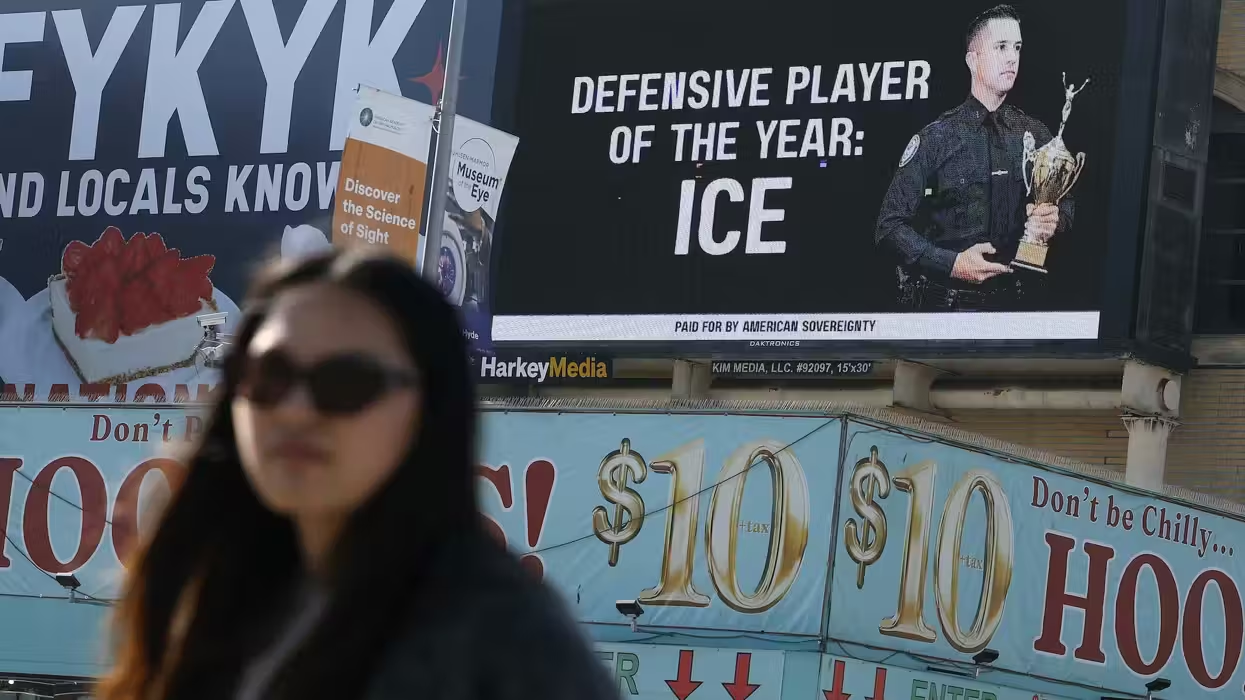UPDATE 9:31 p.m. EST: The author of the discredited Rolling Stone magazine article about an alleged rape on the University of Virginia campus has apologized for failing to verify the victim's story.
In a statement sent to The Associated Press, Sabrina Erdely said she "did not go far enough to verify" the story of the victim.
Original story below
RICHMOND, Va. (TheBlaze/AP) — Rolling Stone magazine has apologized and officially retracted its discredited article about an alleged gang rape at the University of Virginia.
 This Nov. 24, 2014 file photo shows the Phi Kappa Psi fraternity house at the University of Virginia in Charlottesville, Va. The fraternity at the center of a controversial Rolling Stone article describing a culture of sexual violence at the University of Virginia has been reinstated after city police could not confirm an allegation that rape occurred at that fraternity's house. (Image source: AP/Steve Helber, File)
This Nov. 24, 2014 file photo shows the Phi Kappa Psi fraternity house at the University of Virginia in Charlottesville, Va. The fraternity at the center of a controversial Rolling Stone article describing a culture of sexual violence at the University of Virginia has been reinstated after city police could not confirm an allegation that rape occurred at that fraternity's house. (Image source: AP/Steve Helber, File)
The magazine took the action Sunday night after receiving a report from the Columbia University Graduate School of Journalism on the editorial process that led to the article.
More from CJR:
Rolling Stone’s repudiation of the main narrative in “A Rape on Campus” is a story of journalistic failure that was avoidable. The failure encompassed reporting, editing, editorial supervision and fact-checking. The magazine set aside or rationalized as unnecessary essential practices of reporting that, if pursued, would likely have led the magazine’s editors to reconsider publishing Jackie’s narrative so prominently, if at all. The published story glossed over the gaps in the magazine’s reporting by using pseudonyms and by failing to state where important information had come from.
Rolling Stone asked for the independent review after other news media organizations exposed flaws in the November 2012 article, titled "A Rape on Campus." By Dec. 5, Rolling Stone apologized and acknowledged discrepancies in the article.
A four-month police investigation produced no evidence that the attack occurred.
The article focused on a student identified only as "Jackie," who said she was raped by seven men at a fraternity house. Jackie refused to cooperate in the police investigation.
"We would like to apologize to our readers and to all of those who were damaged by our story and the ensuing fallout, including members of the Phi Kappa Psi fraternity and UVA administrators and students," the magazine's managing editor, Will Dana, wrote on the publication's website Sunday night.
"Sexual assault is a serious problem on college campuses, and it is important that rape victims feel comfortable stepping forward. It saddens us to think that their willingness to do so might be diminished by our failings."
This story has been updated.
—
Follow Dave Urbanski (@DaveVUrbanski) on Twitter

 This Nov. 24, 2014 file photo shows the Phi Kappa Psi fraternity house at the University of Virginia in Charlottesville, Va. The fraternity at the center of a controversial Rolling Stone article describing a culture of sexual violence at the University of Virginia has been reinstated after city police could not confirm an allegation that rape occurred at that fraternity's house. (Image source: AP/Steve Helber, File)
This Nov. 24, 2014 file photo shows the Phi Kappa Psi fraternity house at the University of Virginia in Charlottesville, Va. The fraternity at the center of a controversial Rolling Stone article describing a culture of sexual violence at the University of Virginia has been reinstated after city police could not confirm an allegation that rape occurred at that fraternity's house. (Image source: AP/Steve Helber, File)






